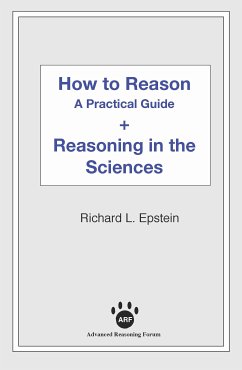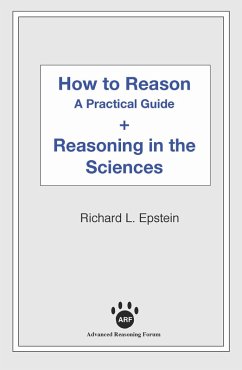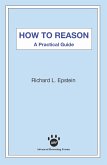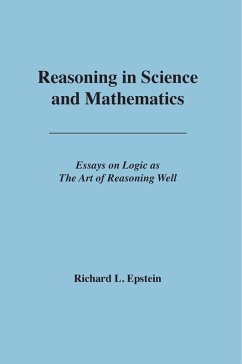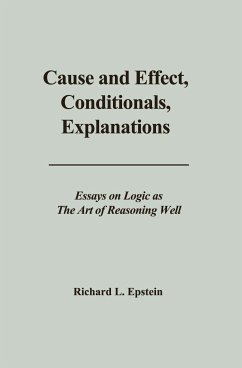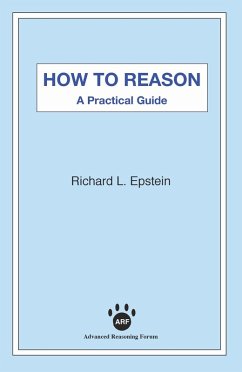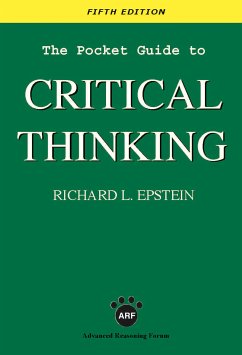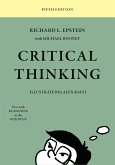Too often we're guided by what we last heard, by our friends' approval, by impulse—our desires, our fears. Without reflection. Without even stopping to think. ** In this book you'll learn how to reason and find your way better in life. You'll learn to see the consequences of what you and others say and do. You'll learn to see the assumptions that you and others make. You'll learn how to judge what you should believe. These are the skills we all need to make good decisions. ** Claims. Arguments. Fallacies. Analogies. Generalizing. Cause and Effect. Explanations. These are clearly set out with hundreds of examples from daily life showing how to use them. Illustrations using a cast of cartoon characters make the concepts memorable. And many exercises will help you to check your understanding. ** Truly a book for all—from high school to graduate school, from auto repair to managing a company. How to Reason will help you find a way in life that is clearer and not buffetted by the winds of nonsense and fear. ******* In Reasoning in the Sciences, you'll learn how to use your reasoning skills to understand how scientists make definitions, what an experiment is, what can go wrong with an experiment, how scientists reason with models and theories, what counts as a good explanation in science, and how to distinguish science from magic, religion, and fraud. No background in science is needed, just a healthy appetitite for learning.
